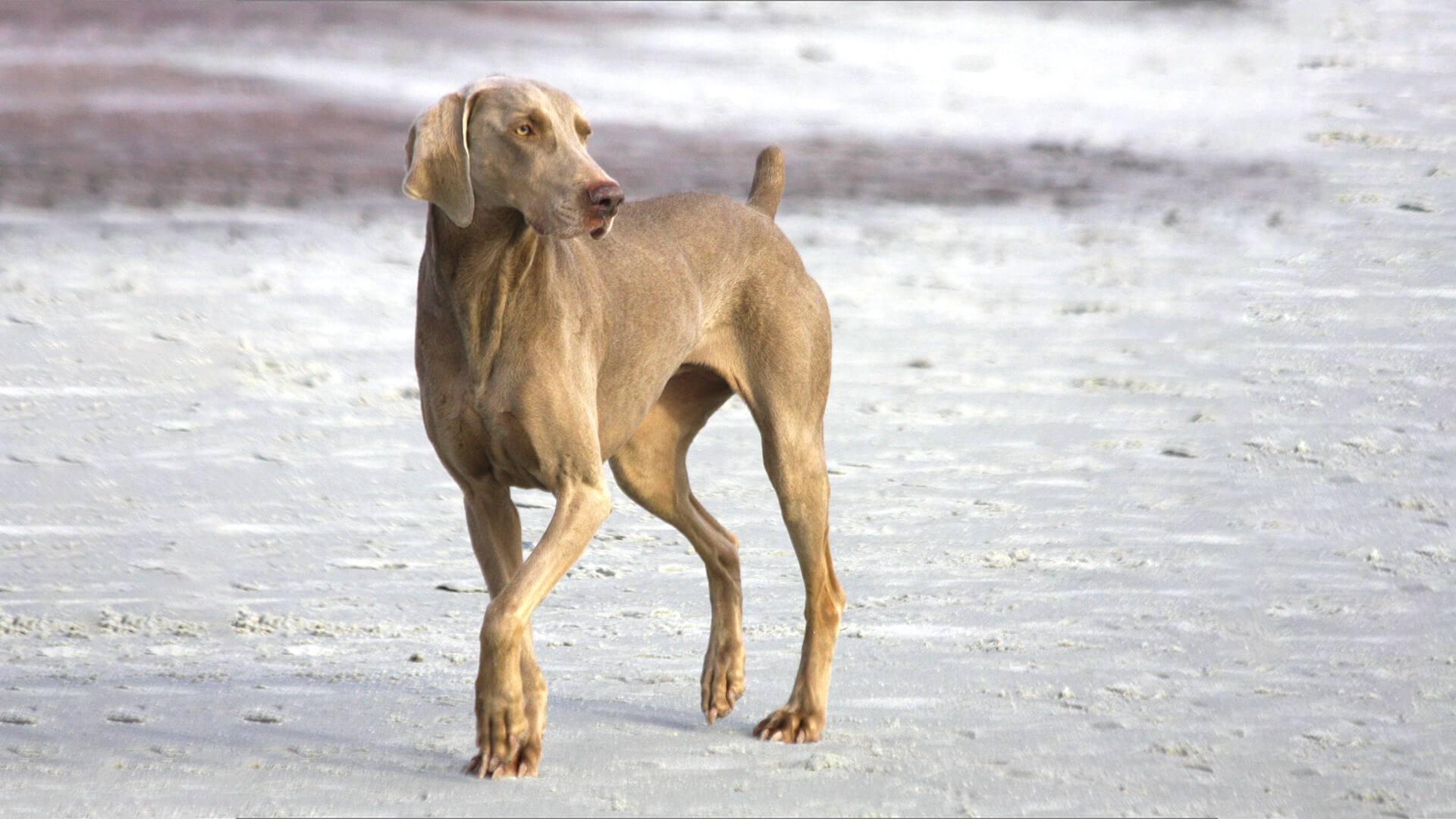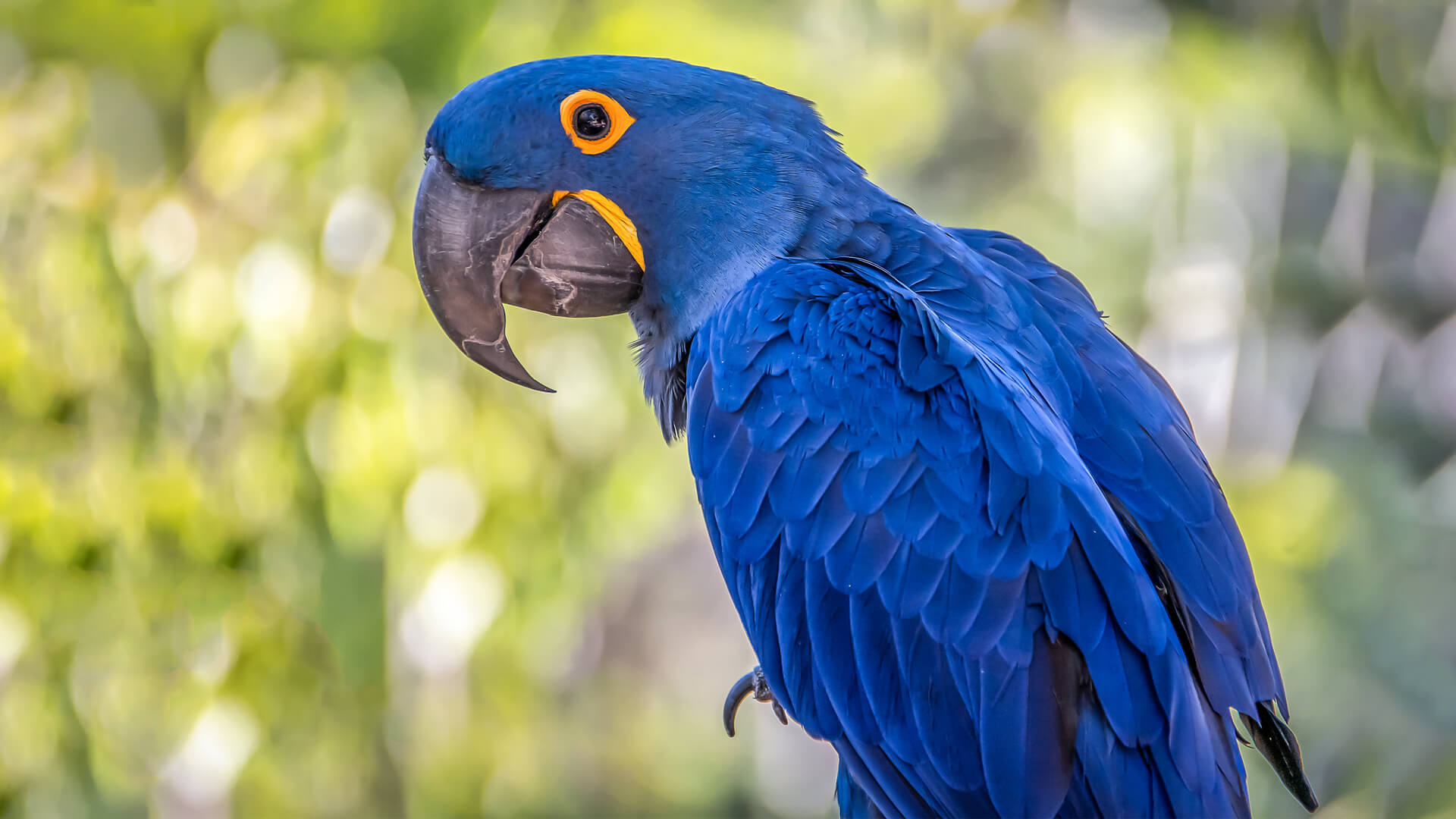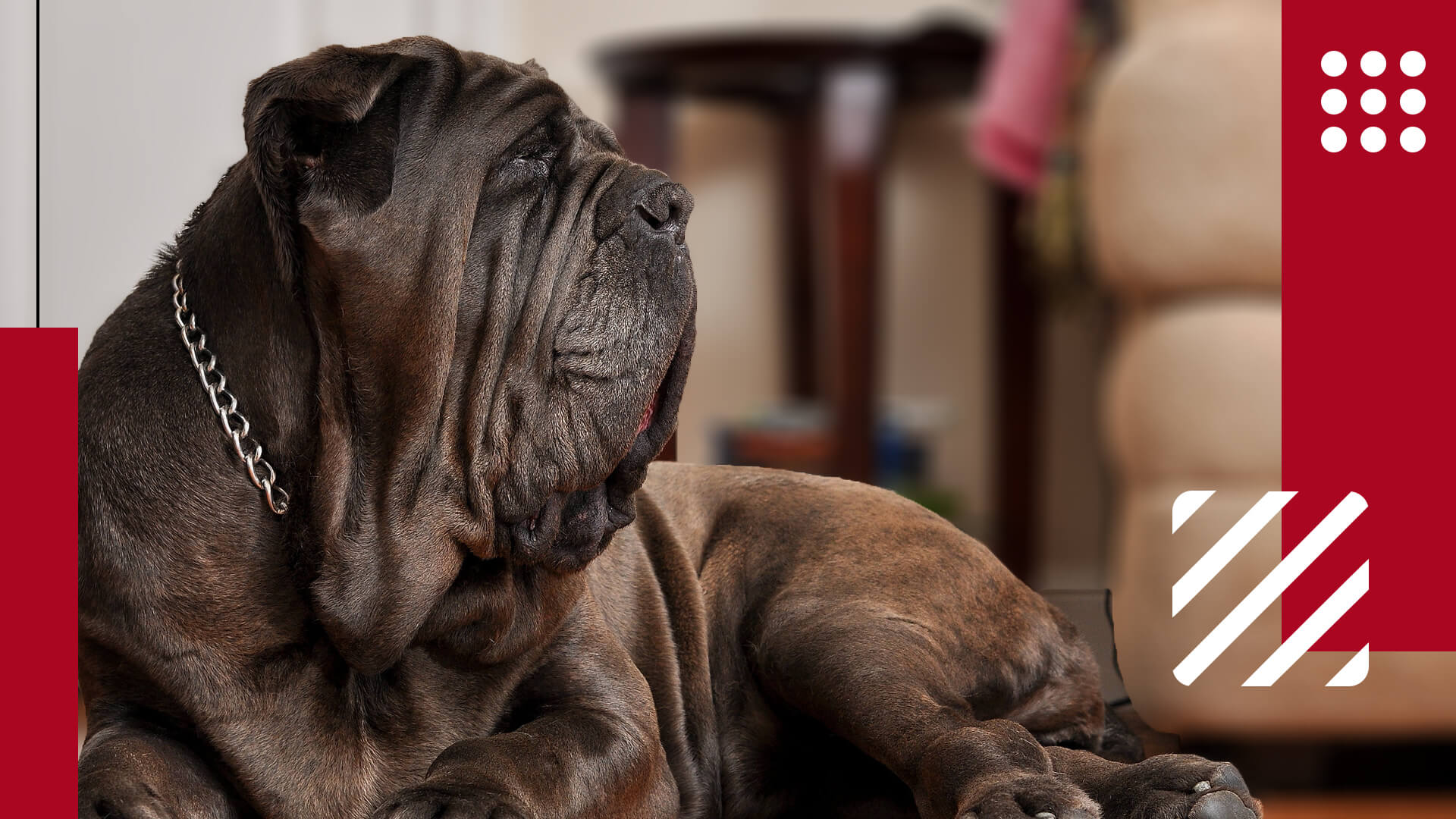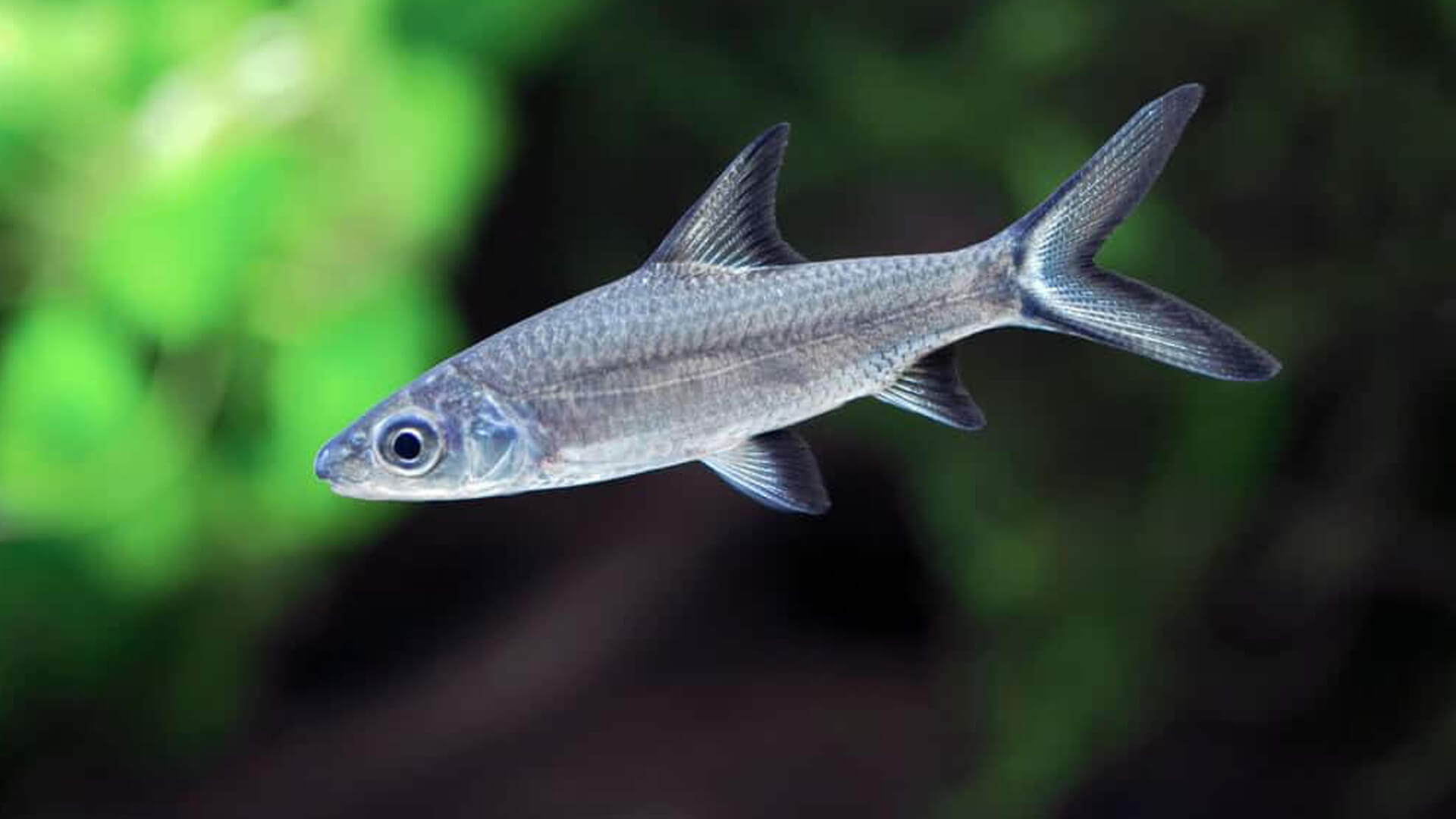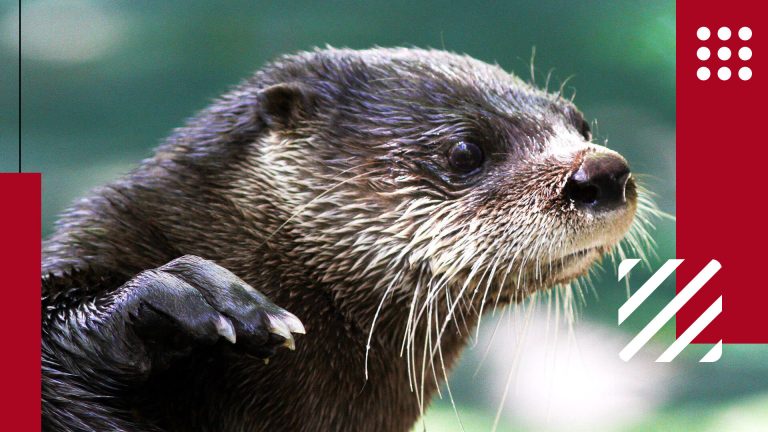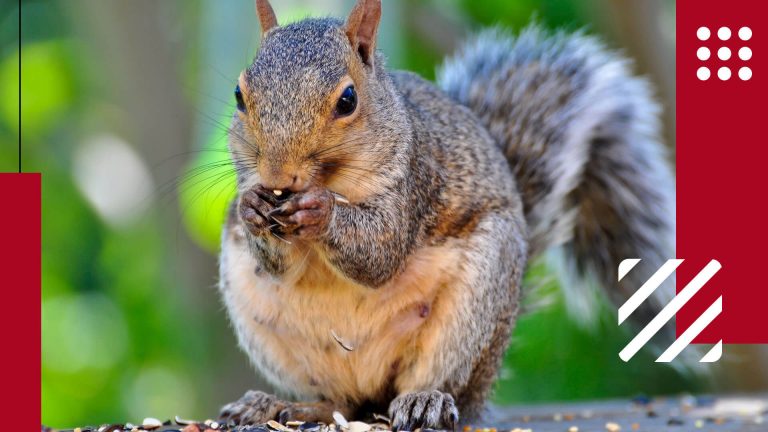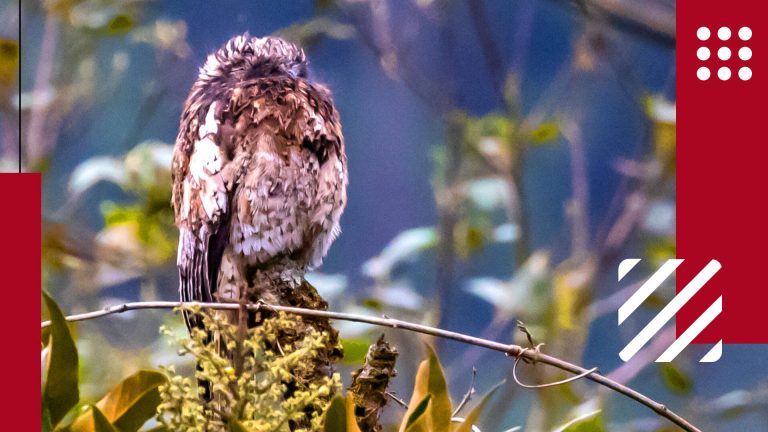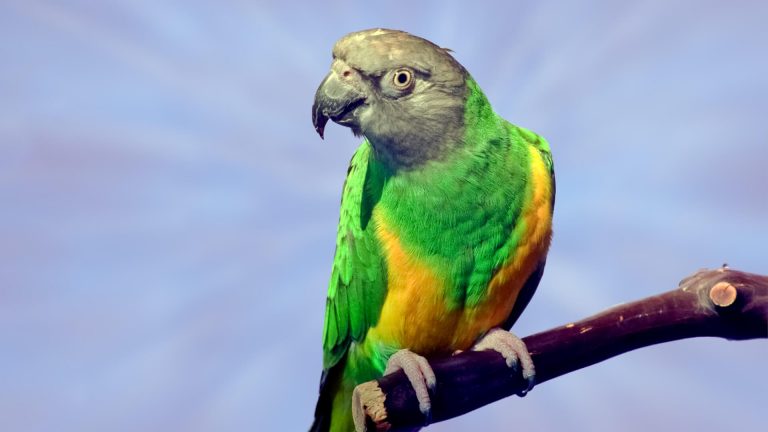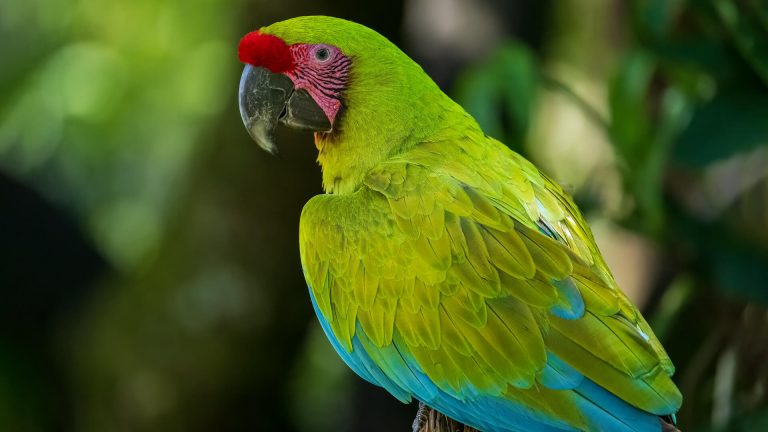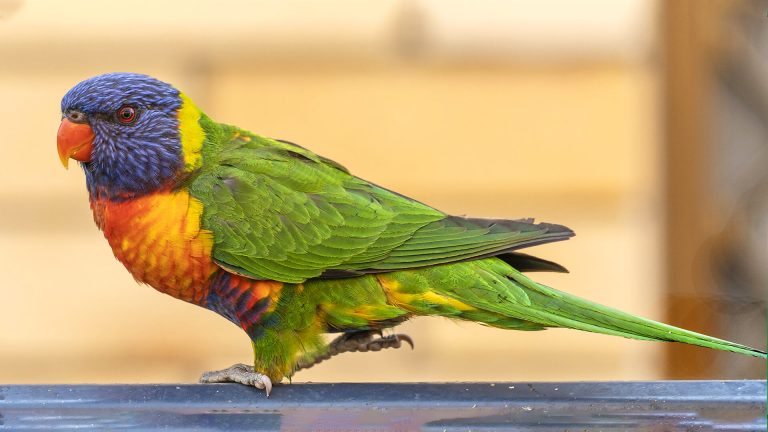It is a hobby for few individuals to have an owl as a pet, among which few do not have a comprehensive idea of the bearing of an owl. It is important to be trained, authorized to pet an owl in the U.S and the law in the United States is strict in not allowing acceptance to pet owl. The training encompasses topics such as rehabilitation facilities and techniques, understanding their breeding programs, for education.
In brief, an owl is a wild raptor on the earth that flies higher than aircraft as the fringed, serrated feathers and they are carnivores. Unlike parrots, and other birds this has the natural killing tendency. It needs to be kept cool always rather stress-free. Sarcastically, when the human rush to psychologists these animals make their instructors run to bird ‘psychologists’! They need careful attention and particular focus.
Distinctive Features of Owl
| Scientific name | Family Strigidae or Tytonidae |
| Lifespan | Varies by species, can range from 1-60 years |
| Color | Varies by species, can be brown, gray, white, or black |
| Size (inches) | Varies by species, can range from 5-33 inches |
| Height | Varies by species, can range from 5-24 inches |
| Weight | Varies by species, can range from 1-4 pounds |
| Health risk | Low |
| Unique trait | Large eyes, silent flight |
| Famous for | Nocturnal habits, hunting abilities, and ability to rotate its head almost 360 degrees |
| Temperament | Generally solitary and avoid human contact |
| Maintenance | High |
| Adaptability | Low to moderate; require specific habitat requirements and diet |
| Behavior | Not recommended as pets due to their predatory nature |
| Personality | Nocturnal and active |
| Social | Typically solitary |
| Domesticated | Rarely domesticated |
Owls are easily recognized by their distinctive features, which include large forward-facing eyes, a sharp hooked beak, and powerful talons. Their eyes are particularly noteworthy, as they are large and forward-facing, giving them excellent depth perception and the ability to see in low light conditions. Many owl species also have a facial disk, a circular arrangement of feathers around the eyes that helps to focus sound and aid in hunting. Owls are generally medium-sized to large birds, with some of the largest species, such as the Eurasian eagle-owl and the great horned owl, reaching over two feet in height. They have soft feathers that allow for silent flight, which is particularly useful when hunting prey. Owls come in a variety of colors, with some species featuring muted browns and grays, while others have bold patterns of black, white, and orange.
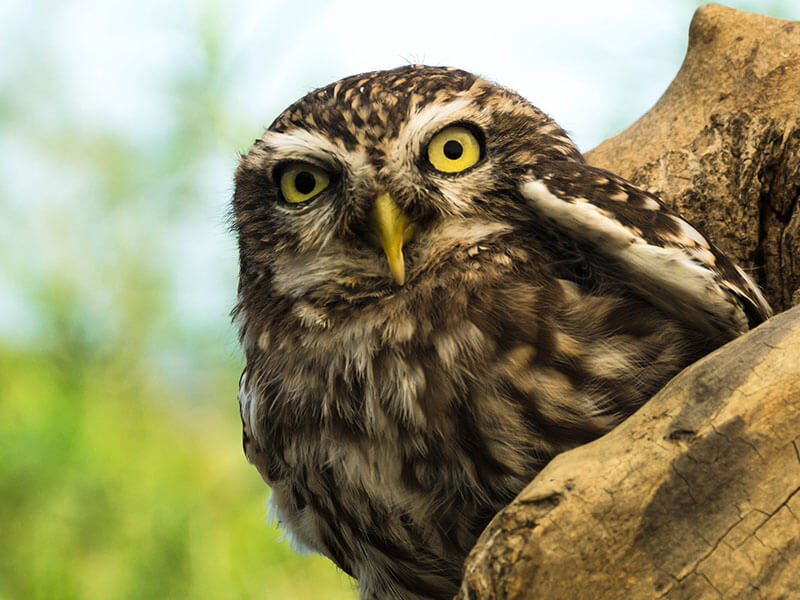
Do Owls Make Good Pets?
Owls are not like regular pets as they are a nocturnal animal, their cycle is totally different from regular pets. They make noises and are active at night. The mess made by pet owls too happens at night. These pets become very much attached to their caretaker and will require their presence physically and it will stress them if they are absent physically.
Antisocial natured owl forms a thick and intolerable bond between their care providers and their mate. So there must be two different people as its caretaker. The alternative carer will be your replacement to prevent many destructions that are caused by the pet owl. They do not resist being hostile without anyone. They need aviary space set up and not a parrot cage.
How to Take Care of Pet Owl?
Owls are not easy pets and one should be ready to take responsibility. To take care of your pet owl you should know a few things about their food habits, habitat, and other personality traits. The same information is given below.
Setup habitat for your pet owl
Owl kept in domestic location is not reliable, rather they can be kept in a backyard that is closed. This favors them to roam around and use their time. As the place might be messed up and toys might be torn to bits and pieces, they are to be placed out of reach. The cage space must be 20 feet.
Know what to feed pet owl
Since owl is a pure carnivore, buying something green will not keep them in good health. There are centers that have special food for owl stored in freezers. Foodstuffs such as pocket gophers, rats, rabbits, and mice. Regular cleaning of the previous day leftover should be done perfectly.
Train yourself for your pet owl
Your pet owl is a nocturnal animal. They make high volume noises at midnight and can be chaotic for the neighbors and another person at home.
In case, if the owl is unaware of proper landing they might damage your skin and tear. The talon in the owl’s leg can even break the wooden furniture into pieces.
Do's and don't for the pet owl owners
| Don’t | Do's |
|---|---|
| A vacation trip is tedious | Become more attached |
| Destructive nature | Enough food |
| All-night racket during mating season | Good space |
| No petting or cuddling | Legal permit |
| High range of maintenance |
What People Are Reading:
Is it Legal to Own a Pet Owl?
Yes, to make owl your pet you will need legal acceptance and approval. In countries like the US, without a permit, you cannot take them out or anywhere else. The permit is allowed until they become fit and healthy. Mostly pet owl is kept illegally, there were families that could not demand on keeping pet owl captive.

